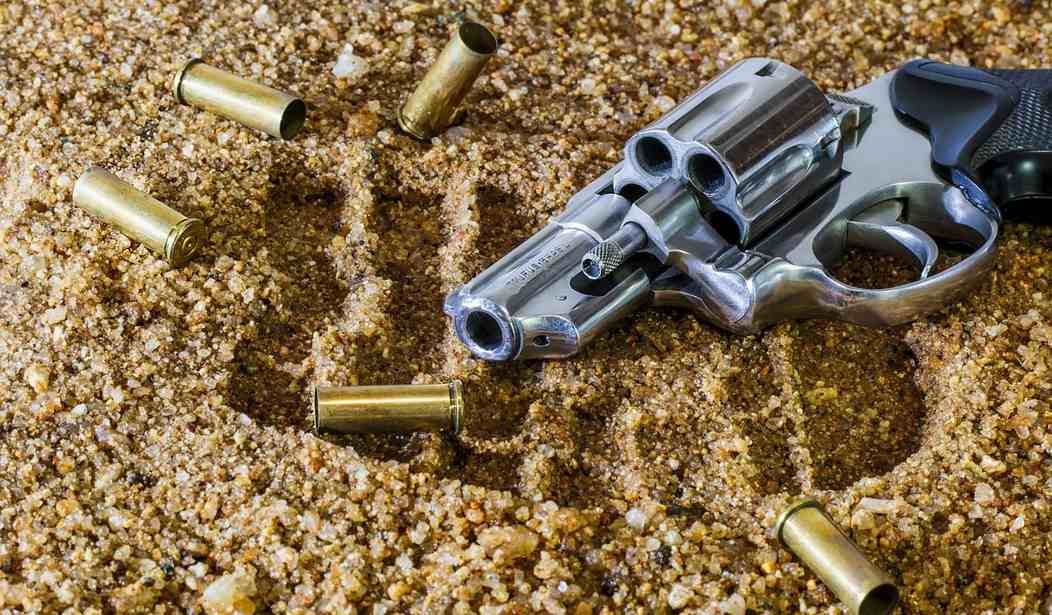Just a couple of days ago, I wrote about how a bill was passed in Kansas that would allow grants for AI gun detection systems for schools. The issue, though, was precisely one company met the standards laid out in the bill.
ZeroEyes is just one of many companies that makes AI gun detection systems, but they're the only one that met the very specific criteria the legislature said companies needed to meet to qualify for the grant.
That looked more than a little shady to a lot of people, myself included.
I guess the governor of Kansas agreed.
On Wednesday, Governor Laura Kelly line-item vetoed a provision that would earmark $5 million in grants to outfit schools with AI surveillance cameras to catch people carrying guns.
The provision would’ve required AI software to comply with certain security industry standards, already be in use in at least 30 states and be capable of detecting “three broad firearm classifications with a minimum of 300 subclassifications” and “at least 2,000 permutations,” among other things.
After numerous high-profile shootings, school security has become a multibillion-dollar industry. In state capitols, some companies are successfully persuading policymakers to write their particular corporate solutions into state law.
ZeroEyes also appears to be the only firm qualified for state firearms detection programs under laws enacted last year in Michigan and Utah, bills passed earlier this year in Florida and Iowa and legislation proposed in Colorado, Louisiana and Wisconsin.
Now, as noted earlier in the week, ZeroEyes claims they haven't written anything nor pushed lawmakers to write anything into bills.
But it does look odd that some of these provisions are rather unique in that only one company qualifies.
To be sure, AI-based gun detection is probably a tool that has uses and it may well, in time, prove to be a huge benefit. Yet as we've noted previously, AI has a long way to go before anyone should really put too much trust into it.
That includes gun detection AI as well.
In fact, the day I wrote about ZeroEyes and these laws, Cam wrote about how another system by a company called Evolv is failing to live up to the hype in New York City.
Is ZeroEyes really that much better than Evolv? Honestly, we don't know because most of what we know is marketing hype, but ZeroEyes saw a pilot program in Philadelphia scuttled amid problems.
By removing the line item, though, Kelly is allowing school systems to do their own homework. They're not stuck with one company that has had one high-profile failure potentially turn their school into the next.
Now, schools will be able to examine the evidence and look for themselves to determine who meets their needs and who doesn't. That's how a free market is supposed to work.
As for me, I don't care who uses what. I like the idea of gun detection systems, particularly in schools, because it doesn't require a human to first see the problem and recognize the issue. Instead, they alert people to the problem. That can save valuable time and potentially thwart a school attack.
But sketchy stuff that only allows one company to benefit is never a good look for anyone.








Join the conversation as a VIP Member